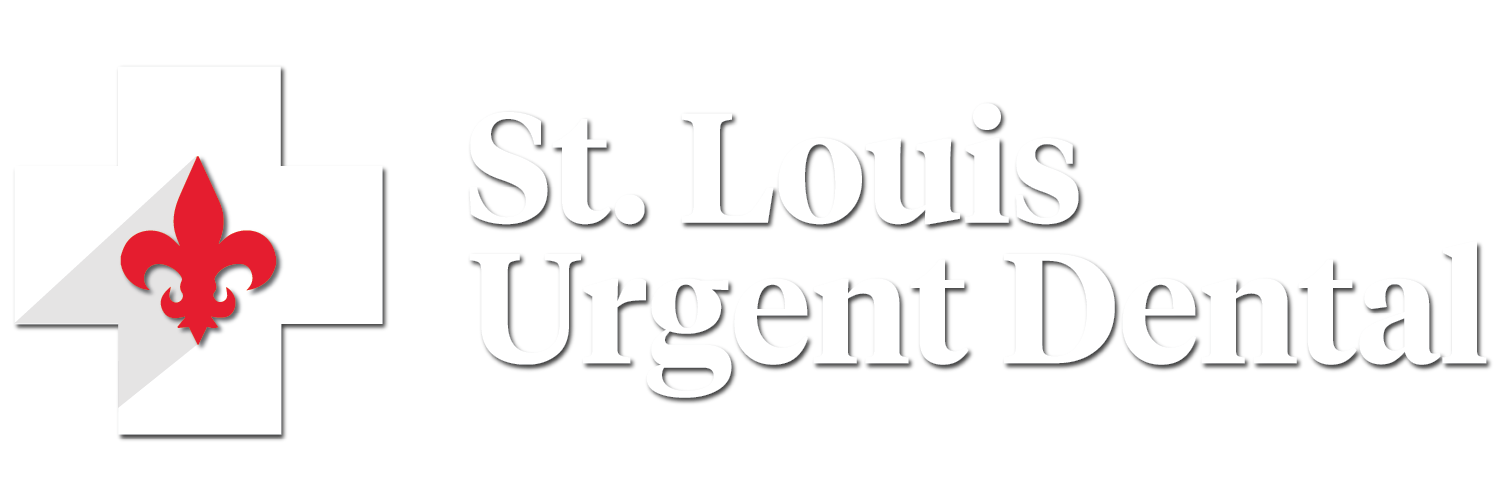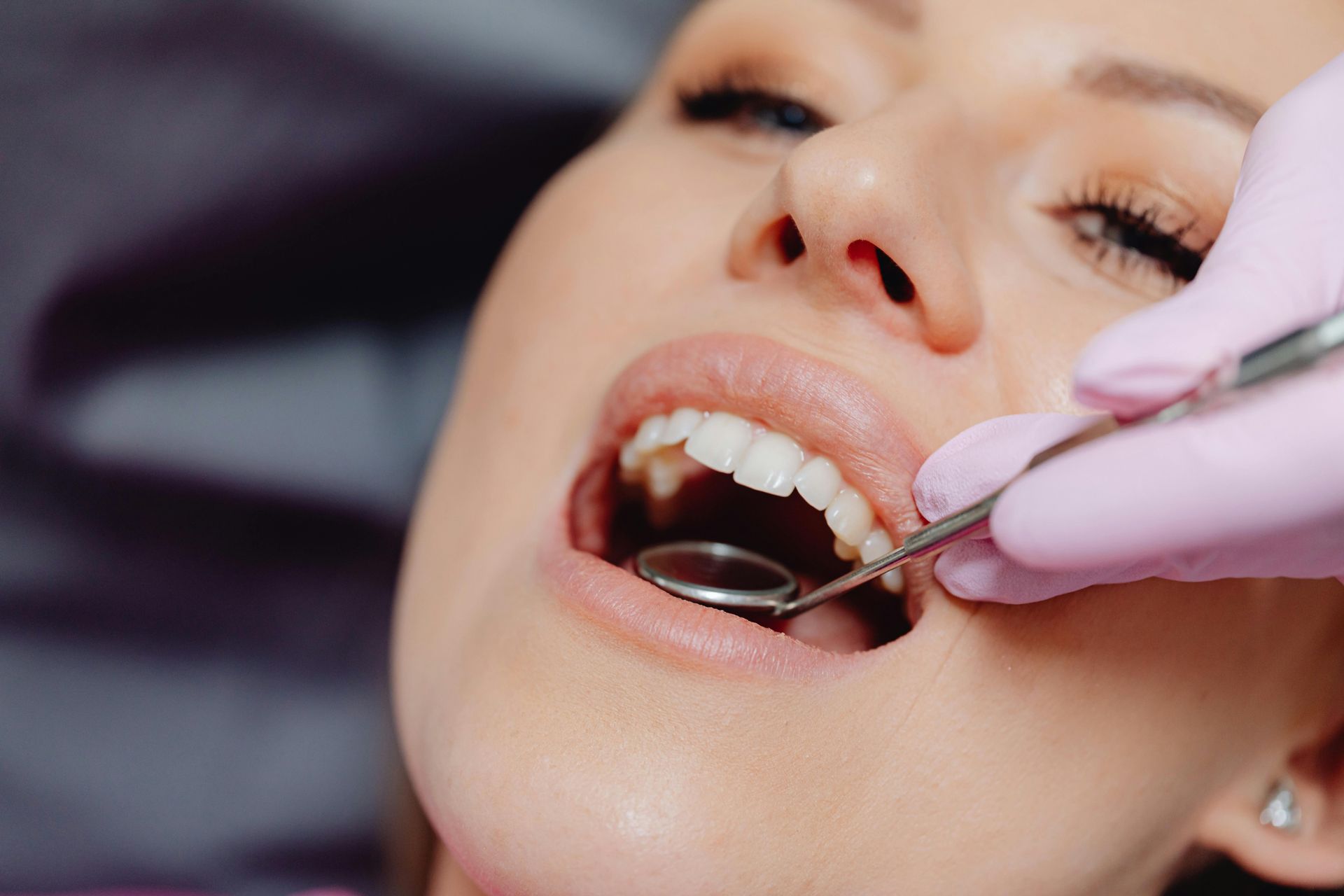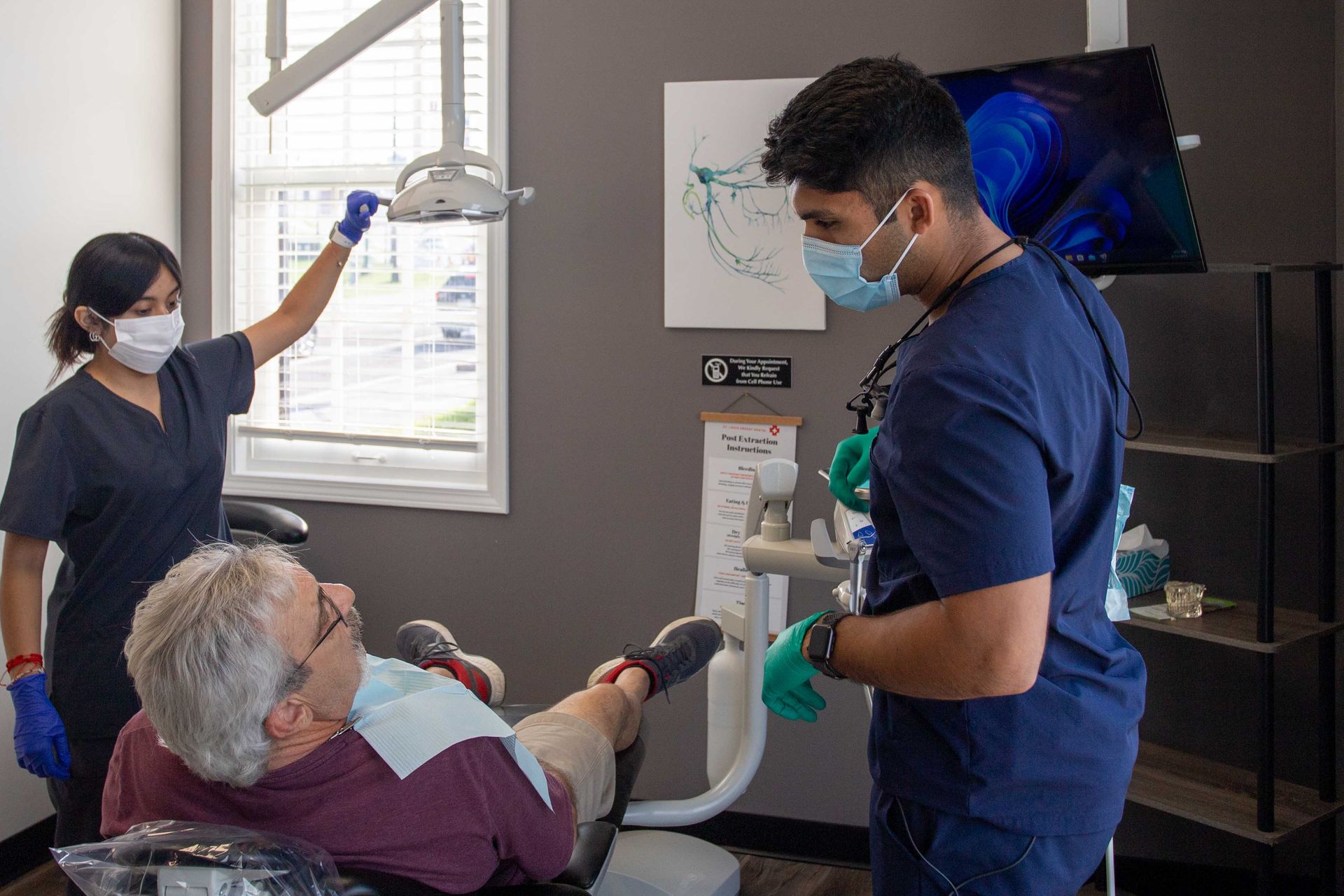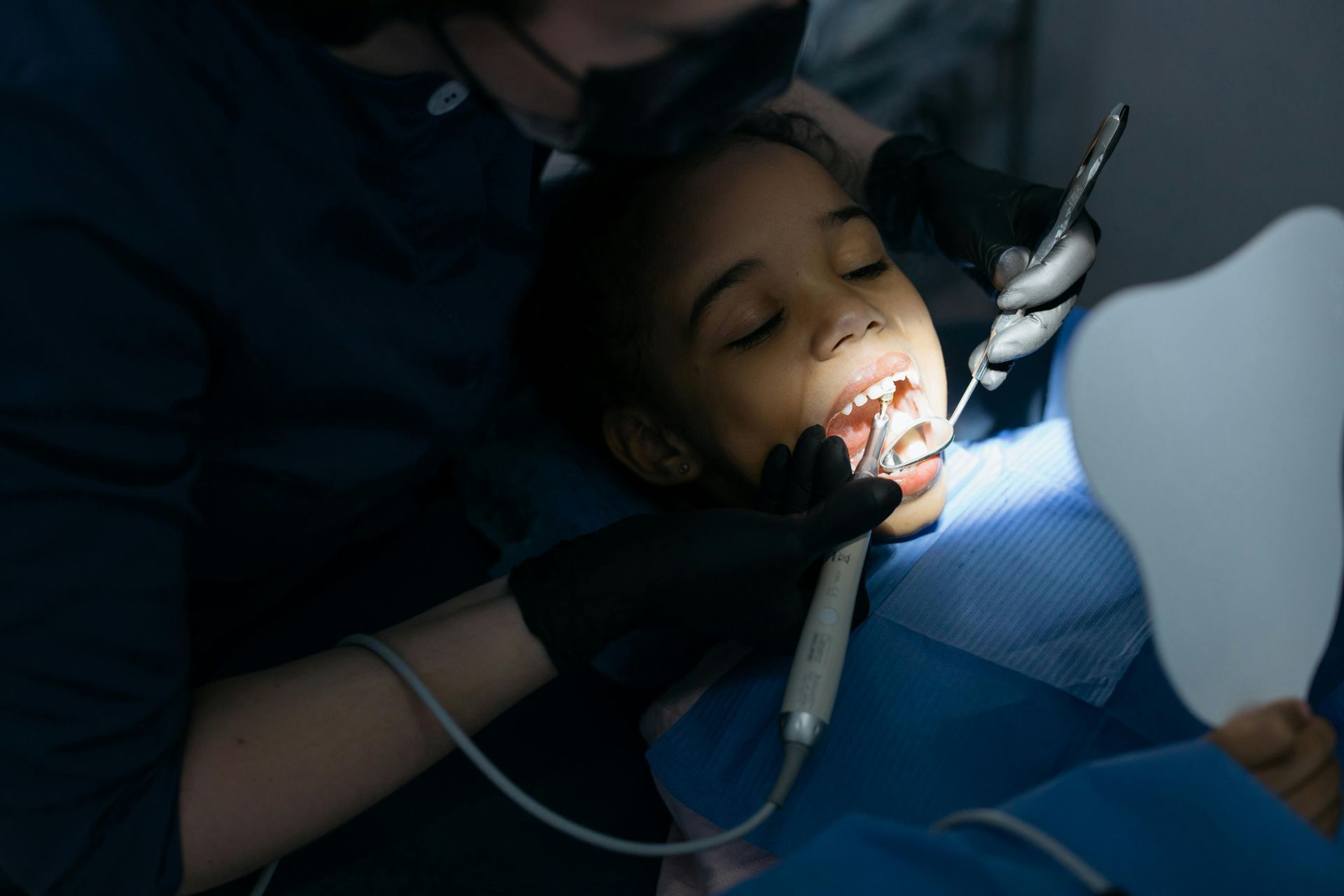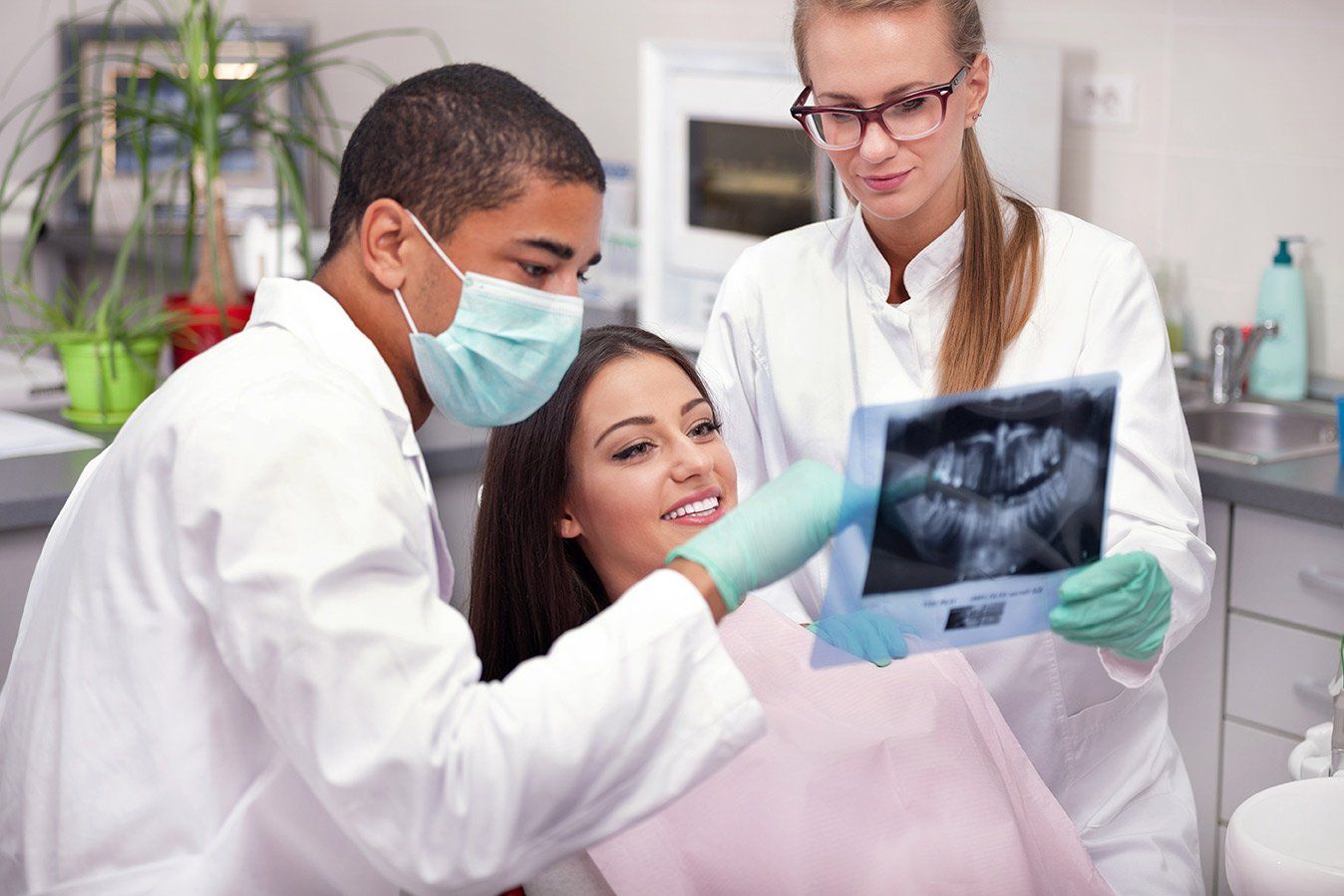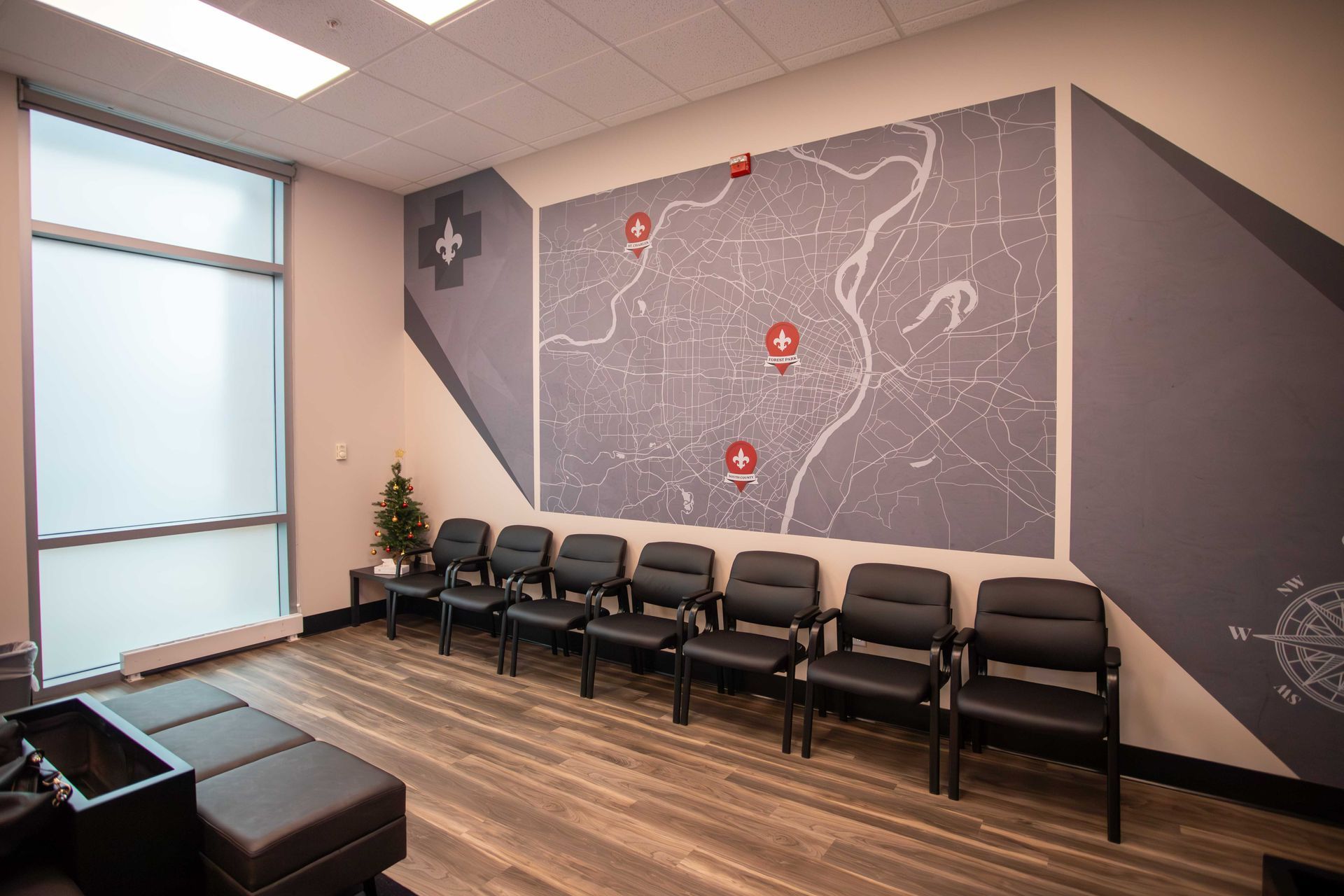Food and Drinks That Can Benefit Your Oral Health
St. Louis is a food lover's oasis, and because of that, we often hear from loved ones and healthcare professionals alike about what foods and drinks are bad for oral and overall health.
As dentists, we've probably been asked about Halloween candy, cookies, pies, etc, and their relationship to oral health more times than we can keep track of.
While a healthy diet can have room for treats occasionally, it's essential to focus on food and beverages that may benefit our health. Luckily, food scientists and nutritionists have worked with dental professionals to make some general recommendations.
Check out some tips for making healthy food and drink choices for our oral health.
Water
You guessed it—staying hydrated is one of the best things we can do for oral health. Our bodies comprise 60% water, and regularly drinking water helps distribute healthy nutrients throughout.
Drinking still water is best, and drinking water with fluoride is even better. Water can also help wash away food particles stuck in your teeth.
Yogurt, Cheese, and Milk
Dairy fans have a reason to celebrate: many experts recommend yogurt, cheese, and milk for their benefits to oral health.
Milk is rich in calcium and can lower the acid levels in your mouth. Regularly drinking milk can help maintain bone density and reduce the risk of cavities.
Cheese has similar benefits; it contains a protein called casein, which can help fortify tooth enamel in healthy amounts.
Yogurt also contains calcium and probiotics, which can help protect against gum disease, in addition to the benefits milk provides.
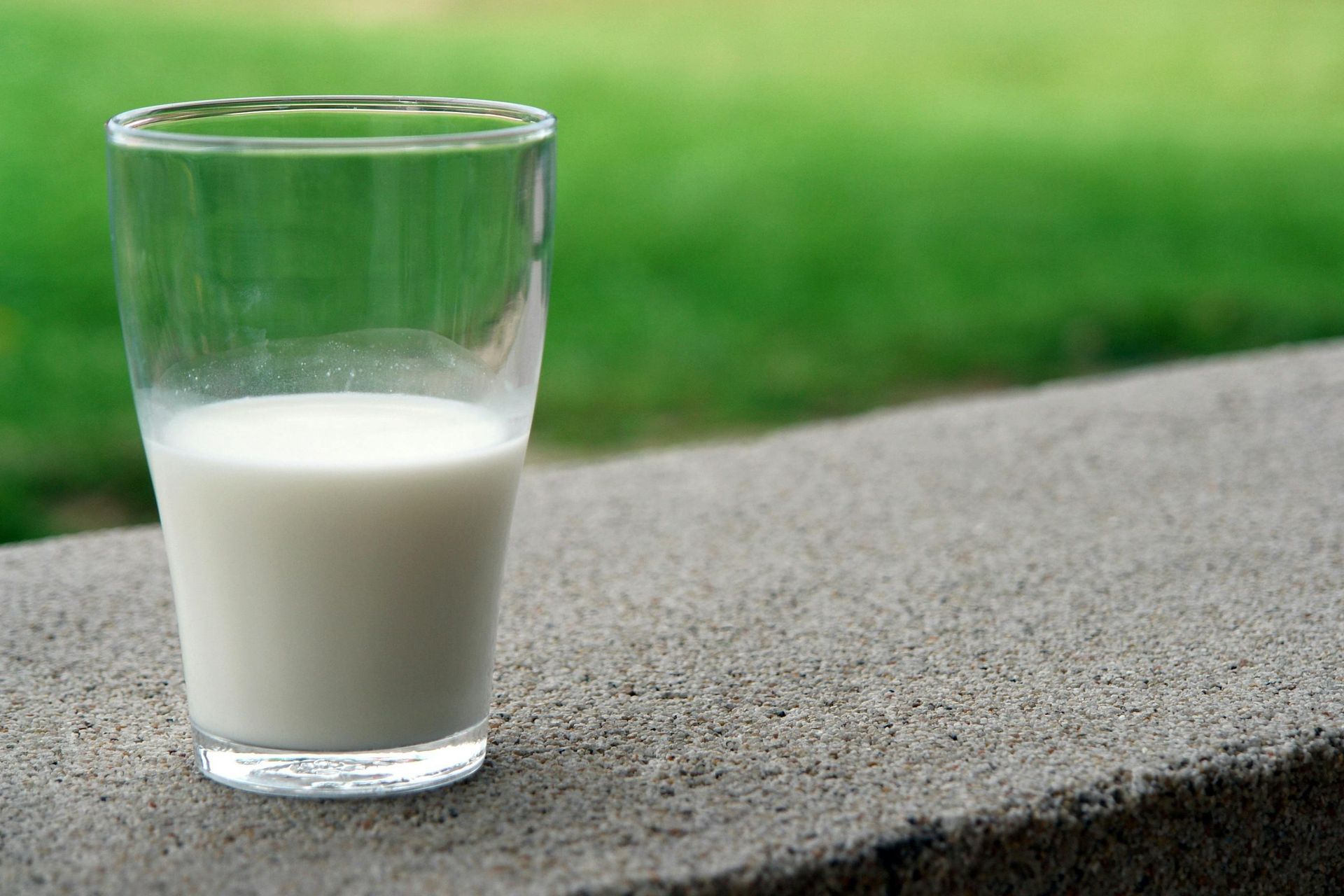
Leafy Greens
Greens have been all the rage recently, and for good reasons. Leafy greens like spinach, kale, and lettuce contain calcium, folic acid, and other vitamins and minerals.
Spinach, in particular, is known for being high in iron, which also benefits overall health. Add some of these leafy greens as a side dish or in a salad, or blend them up as part of a nutritious smoothie!
Nuts
Nuts can pack a nutritional punch and are an excellent choice if you or your family want healthier snack alternatives.
Almonds stand out from the crowd with their sources of calcium and protein while being low in sugar.
Cashews can also stimulate saliva (which can help with bad breath) and contain protein and other properties that help fight tooth decay. If you'd rather not have nuts for a snack, add them to your breakfast or top off a salad with them.
Crunchy Vegetables
If your parents got on your case about eating vegetables as a kid, they were right! Crunchy vegetables like carrots and celery are great for your oral health.
Why crunchy? When we eat crunchy, firm foods with lots of water, the saliva flow is stimulated, which helps release food particles and bacteria.
Carrots, in particular, contain vitamin C, keratins, and calcium, which can all help to clean and fortify your teeth.
Green or Black Tea
While water is the best drink for oral and overall health, sometimes we want to switch it up. Rather than choosing sugary sodas and energy drinks, check out the benefits of green and black tea.
Polyphenols, which are naturally occurring in teas, are antioxidants that can combat cell damage and reduce inflammation. Tea is also a natural source of fluoride.
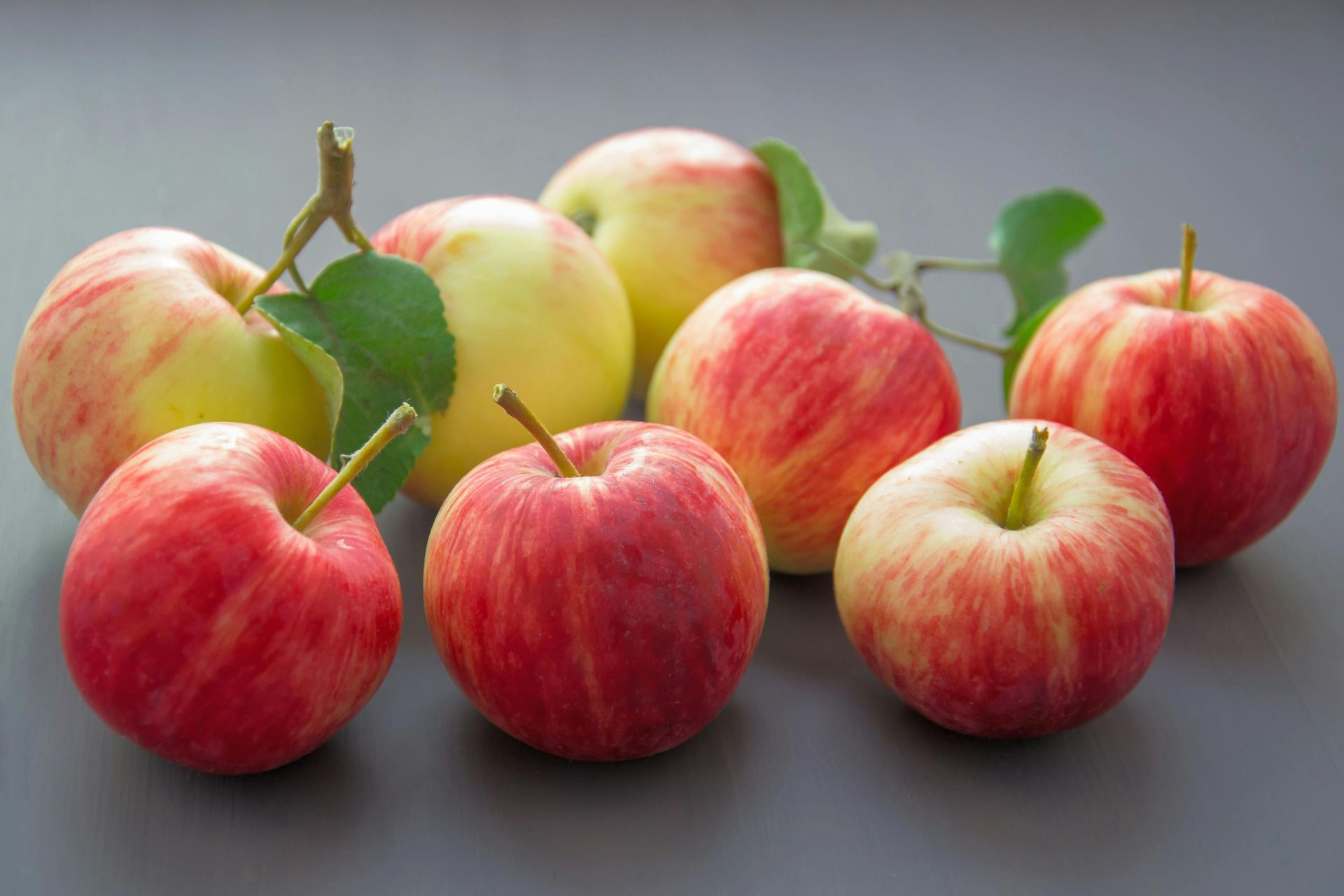
Apples and Pears
An apple a day keeps the doctor away, but can it keep the dentist away, too?
A benefit to eating apples is that they have less acidity than other fruits like oranges. Eating apples and pears can also help clean your teeth and increase salivation.
Meats and Fish
Lean meats and fish are fantastic protein sources that are essential to our diet.
Many lean meats are phosphorous sources, essential for bone production and remodeling. Phosphorus can help prevent tooth chips.
Fish also has many health benefits. Salmon is a favorite thanks to its low fat and high protein. It also contains vitamin D, which can help the body absorb calcium for strong teeth.
Call STL Urgent Dental
Focusing on foods that benefit oral health is vital. Not every food listed in this guide may work for you or your family (e.g., allergies or dietary restrictions), but it's a place to start. Always check with your healthcare team for specific recommendations regarding your overall health and wellness.
Our St. Louis Urgent Dental team is here to help with your urgent, after-hours dental needs! We are open seven days a week (until 9 pm on M-F). We have three clinics throughout the region to best serve Greater St. Louis.
We are ready to help with dental emergencies, including root canals, crowns, socket grafting, extractions, implants, broken teeth, and more. Check out our procedure pricing and other details here on our website.
Schedule an appointment, and you'll be smiling again in no time!
Sources:
University of Illinois Chicago College of Dentistry,
Mayo Clinic,
Oral Health Foundation
